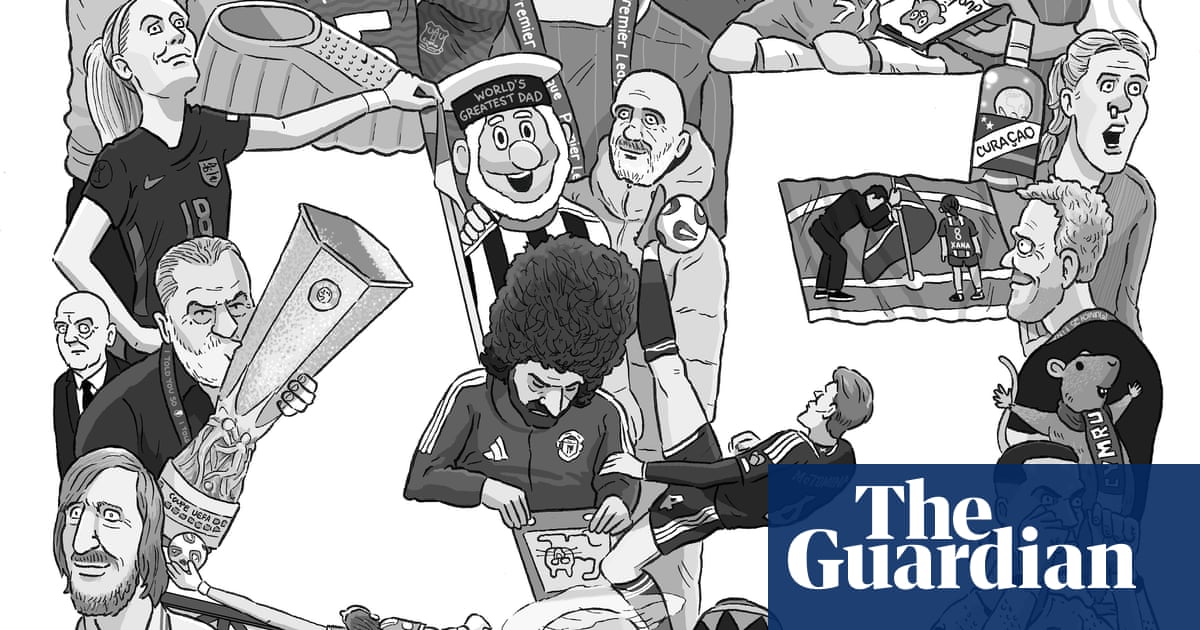The Four Spent the Day Together is full of people seeking fresh starts, attempting to give up drugs or abusive marriages, only to find hope curdling into violence. Chris Kraus uses the phrase a lot, making it wilfully jaded in its repetitions. “He could make a fresh start.” “They decided to make a fresh start.” And all along, here she is, making her own fresh start, because this seems a new kind of book – documentarian, genuinely novelistic. But then it turns out to be packed with the same dilemmas and styles as the old ones.
Kraus is an artist who became a writer almost accidentally with her 1997 cult classic I Love Dick, comprised of letters to an unreceptive lover, turning confessional female writing from abjection into assassination. She carried on writing, but the three subsequent fascinating and rebarbative novels lacked the shock and immediacy the letter form brought to the voice of I Love Dick. It didn’t help that she was a renegade artist who’d become a large-scale low-rent landlord, so there was a lot about real estate deals. It makes sense that she now wants to try out new kinds of material, looking outwards to other people’s stories, at a time when she says Trumpian politics makes confessional writing redundant.
The Four Spent the Day Together is in three parts, straddling three generations – all unable to escape their pasts. There’s the story of Emma and Jasper, versions of Kraus’s parents, moving from the Bronx to rural Connecticut. There’s the story of Kraus herself, in the persona of Catt Greene, reckoning with the belated success of I Love Dick, the rise of Trump, and her addict husband Paul. And there’s the story of the murder of one lost young man by another in a town long abandoned by progressive politics only 80 miles from Catt’s cottage in rural Minnesota.
As a reader drawn to honed writing of the kind Kraus herself tends to eschew, I was seduced by the novelistic voice of the first section. There’s a new quality of attentiveness that makes room for minutiae, like the bucket that the young Catt dislodges from ice at the opening of the book, aided by her beloved father. “I found an ice toy!” she says; “a nice toy”, he responds, “the elliptical meanings of words rolling around in their mouths like hard candy”. Kraus writes Emma’s story with curiosity and intimacy. “Emma felt like she’d stepped into a dream – not hers, exactly.”
I was destined to be disappointed when I hoped this new voice could last out the book. Kraus says here that she resents the pleasure readers like me have taken from I Love Dick; she’s committed to disjunction, to the untidy aesthetics she shares with her hero Kathy Acker, and the blankness and repetitiveness of her previous novels reasserts itself in the middle section. Catt is attempting to do up 36 run-down apartments in Albuquerque’s worst neighbourhoods while moving between Minnesota and LA, failing to help Paul control his drinking. She feels helpless as Paul moves between underfunded jobs as an addiction therapist in a world driven by the anger and fear that powers Trump’s victory. There are several pages about Catt being cancelled on Twitter, her occupation changed from “writer” to “landlord” on Wikipedia. Kraus still seems to care a little too much about this. At one point she says she’s investigating the murder so that before leaving Minnesota, “she might be able to learn something about an America that her Twitter detractors would not understand, would not even see”.
So then we come to the murder itself – and the titular day spent by the victim with the murderer and his friends. Kraus has great source material, and knows hour by hour what happened when Brandon came to visit Brittney after meeting her on an app where she sold sex pictures. He was hoping for sex but seems affably to have spent the day alongside her friends, mooching around getting his car mended and paying for snacks and drugs, before being shot by Brittney’s boyfriend Micah – a young, mentally ill man who has frequently been hospitalised for violent rage.
Catt gets obsessed by the story, and I was fascinated by the way that Kraus’s dual urges towards responsible documentation and reckless transgression tussle in this section. But I’d have liked her to go further into her own obsessions here. The most interesting character is Brittney, who comes alive partly through Catt’s identification with her – another bright, bullied girl going off the rails in a troubled, forgotten town. Kraus tells us that Catt speaks to Brittney in jail, but she doesn’t dramatise these conversations. The whole section feels oddly unfinished, to the extent that Kraus’s narration ends almost mid-paragraph, and we’re left with 30 pages of the source material. We’re back where Kraus began, with letters – though these now take the forms of misspelt text messages. We’re in a world where desperation is monotonous and ugly and seems destined to remain so; where fresh starts are impossible, which may be what she wanted us to see all along.
The Four Spent the Day Together by Chris Kraus is published by Scribe (£16.99). To support the Guardian, order your copy at guardianbookshop.com. Delivery charges may apply.

 2 months ago
49
2 months ago
49

















































